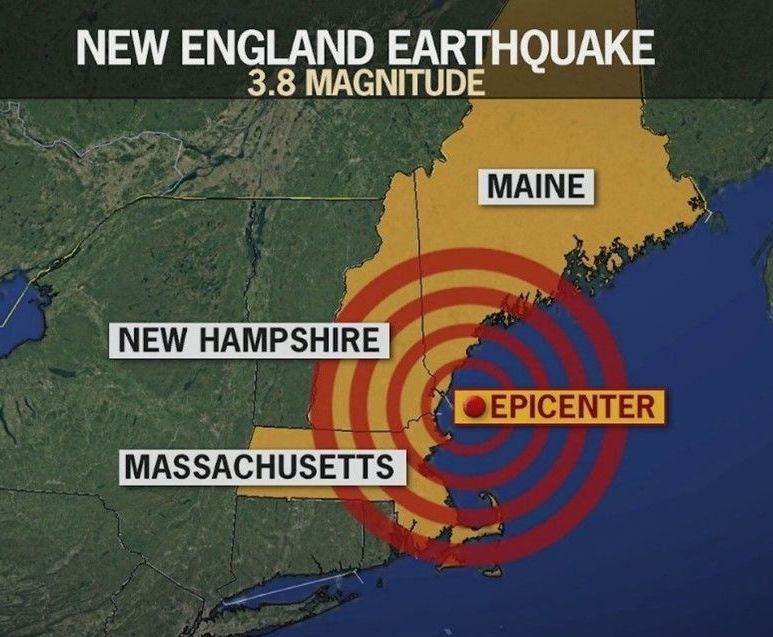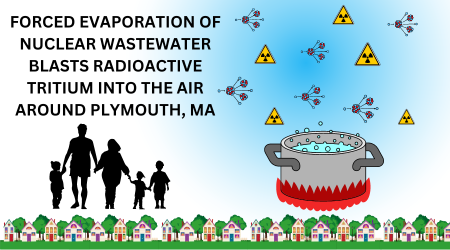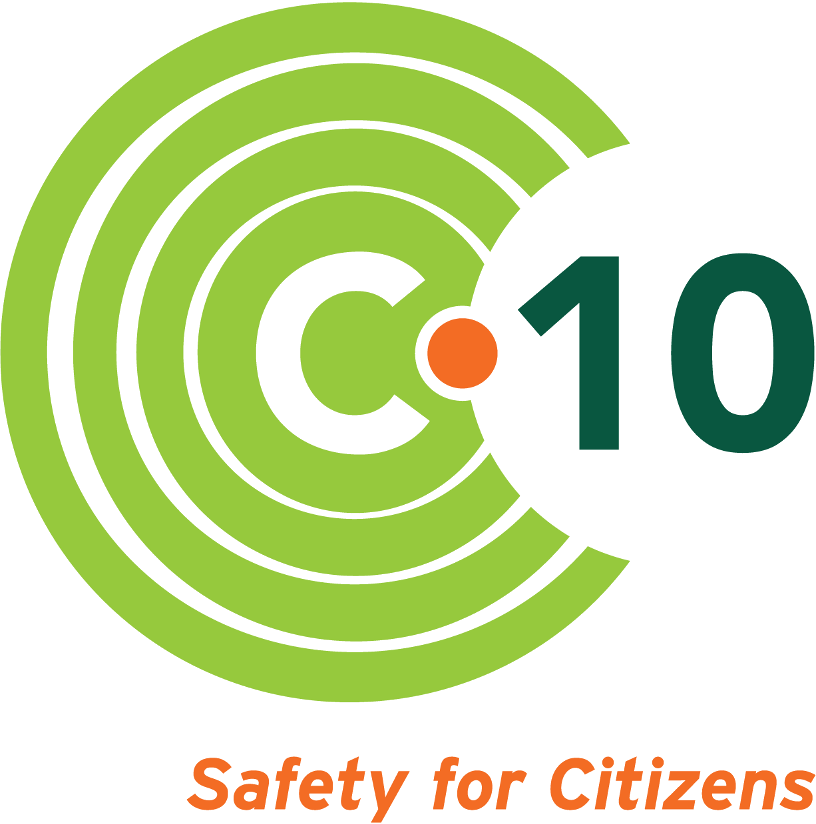NRC Commissioner Baran seeks C-10 input before visit to Seabrook Station
Ahead of Baran's trip to see plant's cracking concrete, C-10 presses for answers
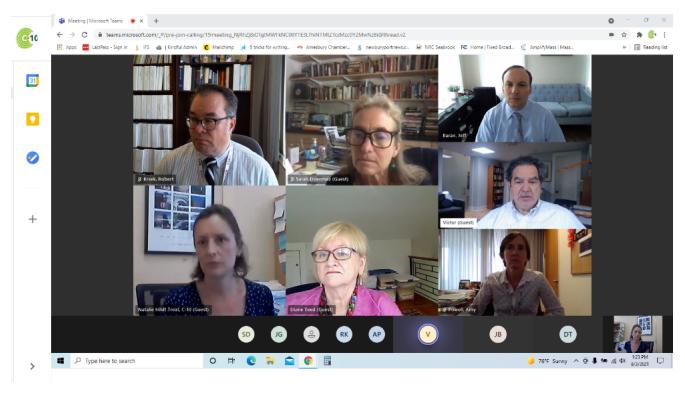
It is not every day that a small nuclear watchdog group gets to meet directly with one of the U.S. Nuclear Regulatory Commission’s (NRC) head honchos. The agency is charged with overseeing the entire nuclear feet, and has a mandate of protecting people and the environment.
More than a decade of advocating for stronger oversight of the serious safety concern of degrading concrete—and successfully winning stricter license conditions for how Seabrook Station owner NextEra must monitor the problem—definitely put C-10 on the Commission’s radar.
A little nudging from congressional aides to Congresswoman Annie Kuster (NH) and Senator Ed Markey (MA) clinched C-10’s recent meeting with Jeff Baran, one of the three commissioners of the NRC, before his first visit to Seabrook on Tuesday, August 10, 2021.
The August 3rd meeting with C-10 came about after Congresswoman Kuster, who sits on the House Committee on Energy and Commerce, quizzed Baran about the agency’s handling of Seabrook’s degrading concrete during a Congressional oversight hearing on July 14, and mentioned C-10's efforts. (Jump to the 3:11:30 timestamp in the hearing video to see Rep. Kuster's remarks.)
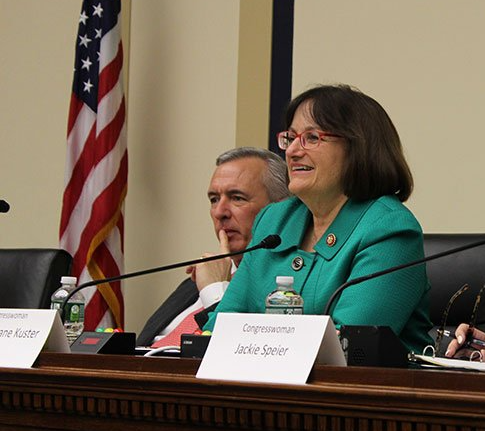
During the hearing, Congresswoman Kuster referenced C-10’s concrete expert Dr. Victor Saouma’s recommendations to impose additional safety conditions on the plant’s operating license to ensure that alkali-silica reaction (ASR) is properly monitored. Rep. Kuster asked Commissioner Baran, “What steps can be taken by the NRC to improve ASR cracking monitoring at Seabrook Station, here in New Hampshire?”
The Commissioner replied by saying that he will soon be visiting Seabrook Station, where he will see the manifestation of ASR firsthand. “We’re going to be looking around and asking those kinds of tough questions,” said Baran, noting that he would first seek input from groups in the area to see what concerns and questions they have. Baran’s entourage will include D.C. staffers of Congresswoman Kuster as well as Congressman Chris Pappas, whose district includes Seabrook.
Baran’s Chief of Staff Amy Powell called C-10 the next day to arrange a video meeting where the group could convey questions for the Commissioner to ask of the licensee, NextEra Energy, as well as the NRC’s resident inspectors. Our meeting took place on August 3, and included Commissioner Baran and two staff members, C-10 Executive Director Natalie Hildt Treat; C-10 board members Debbie Grinnell, Sarah Doenmez and Diane Teed; and Dr. Victor Saouma, an authority on the condition that is affecting Seabrook’s concrete.
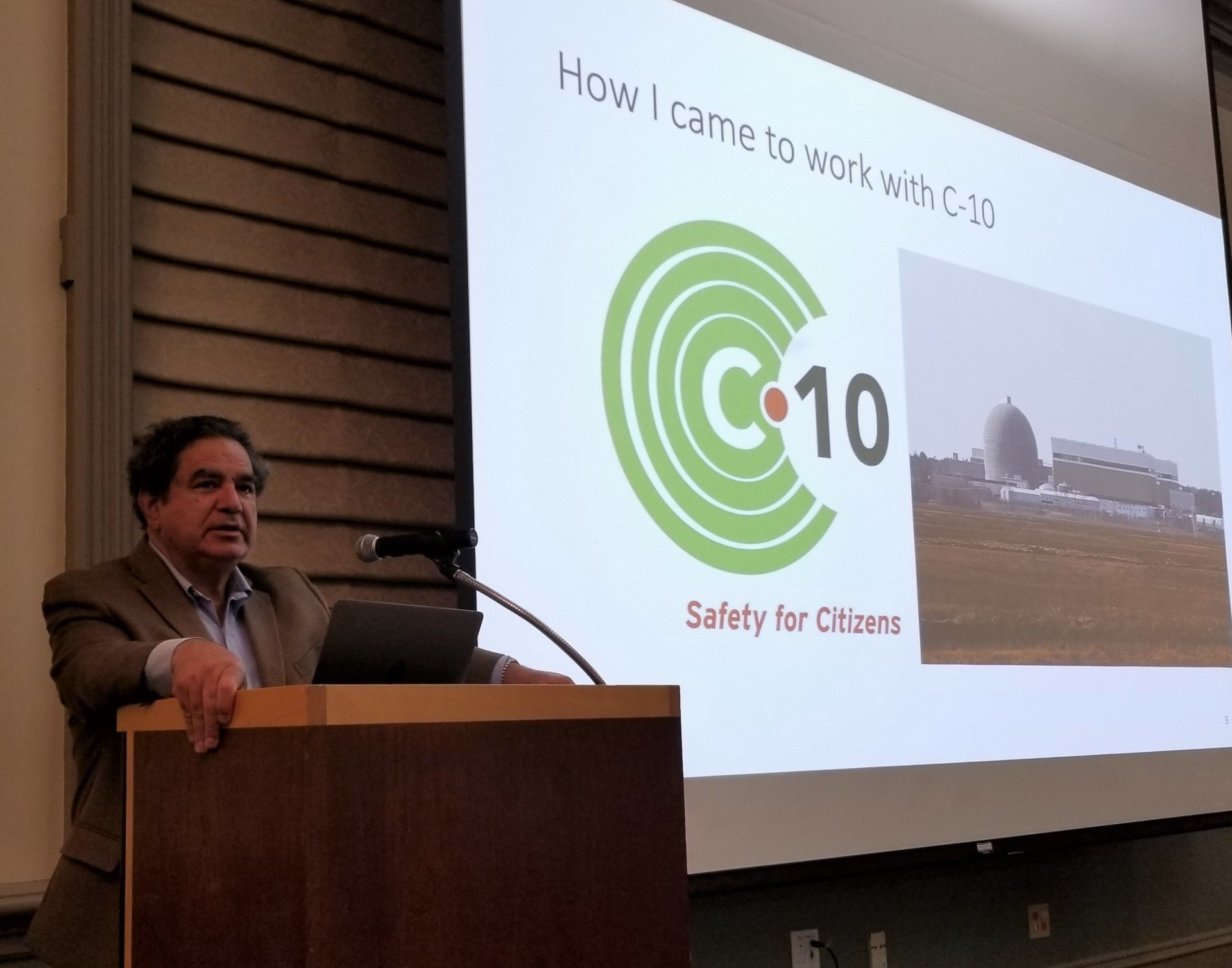
The meeting began with Dr. Saouma, a civil engineering professor at the University of Colorado at Boulder, voicing concerns about the deficiencies in NextEra’s concrete aging management protocols as signed off on by the NRC.
“It is absolutely essential that the NRC determines the margin of errors in the curve that quantifies expansion,” Saouma told Baran. “I also recommend that a program be put in place to test representative concrete cores from all nuclear reactor sites for alkali-aggregate reaction (AAR).”
Commissioner Baran encouraged C-10 to write a formal letter to the NRC Commissioners seeking written answers to our questions. A day before Baran's visit—during which he will be accompanied by aides to Congresswoman Kuster and Congressman Chris Papas (whose N.H. district include Seabrook)—C-10 sent a letter to the three Commissioners.
“We are not attempting to re-litigate the case heard under NRC Docket 50-443-LA-2, relative to Seabrook Station’s license amendment request (LAR) due to degraded concrete,” wrote C-10 in the letter sent on August 9. “We urge you to continue giving serious thought to this case, and to consider how you can implement the lessons learned."
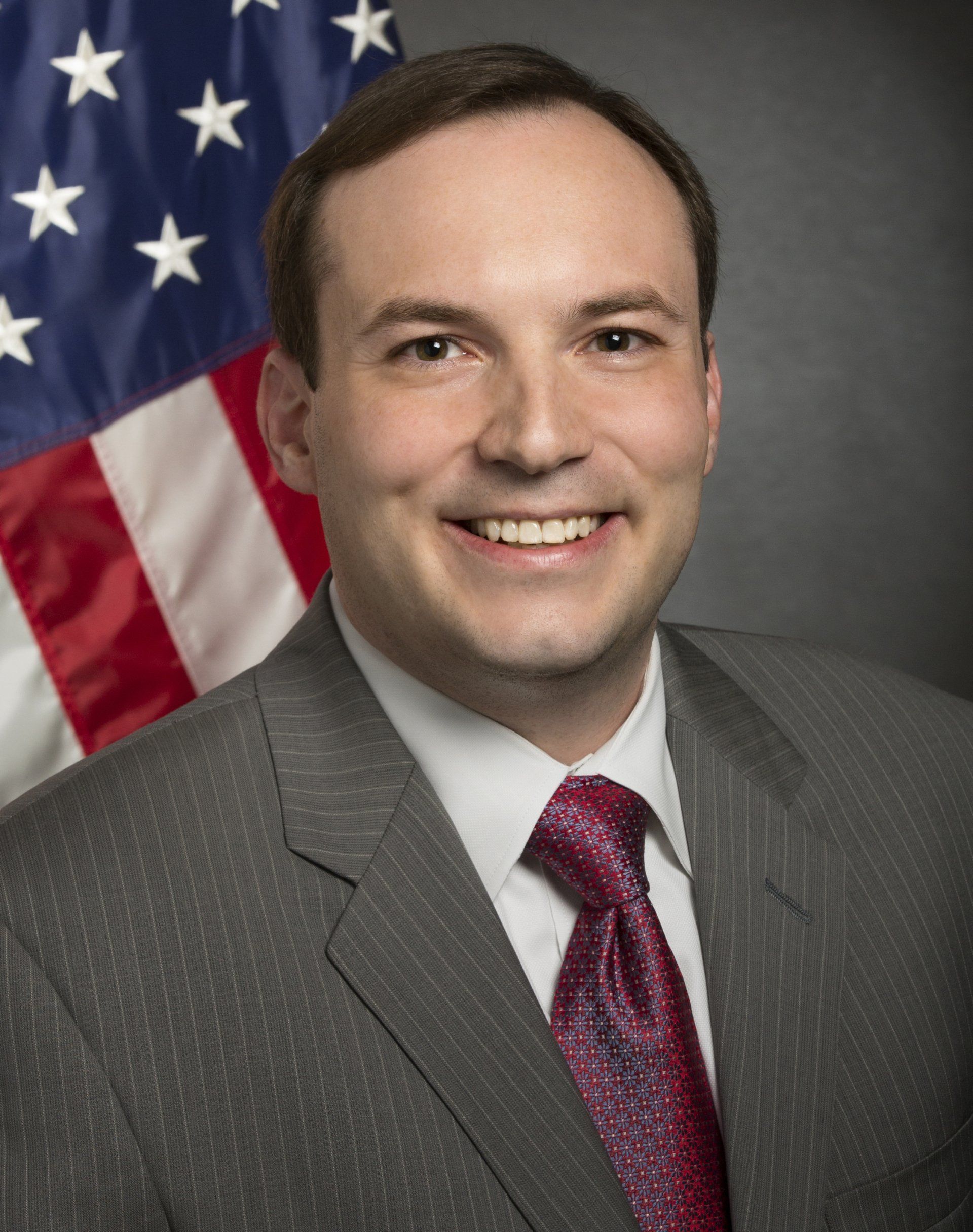
Some of the questions C-10 asked of the NRC Commissioners:
- Because so much is unknown about the rate of ASR expansion, why doesn’t NRC require the use of error bars in modeling its progression?
- How can the NRC increase transparency about what inspectors see at the plant, in particular, with regard to ASR?
- After what you’ve learned in the Seabrook case, would you support the development of NRC regulations governing concrete testing, and more scrutiny of other material-aging issues?
Commissioner Baran’s Chief of Staff Amy Powell has assured C-10 that a written response to the group’s questions will be delivered in a timely fashion.
We hope that our meeting and the opportunity to see Seabrook’s degrading concrete firsthand will motivate the Commissioner to keep working for stronger oversight of concrete aging problems at Seabrook and across the nation’s nuclear fleet.
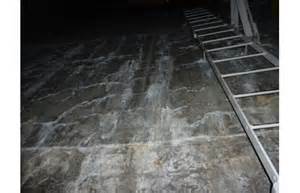
Follow us

